For runners, nutrition is key to sustaining energy, enhancing endurance, and supporting recovery. Yet, one element that often doesn’t get enough attention in a runner’s diet is fiber. You might already focus on protein and carbohydrates to fuel your training, but are you aware of how fiber impacts your performance? Beyond keeping your digestive system on track, fiber plays a vital role in energy levels, hydration balance, and even reducing issues like cramps or constipation that can disrupt your runs—whether you’re training for a 5K, a marathon, or just staying active day-to-day.
In this guide, we’ll know how fiber can elevate your diet and support your running goals. From the best high-fiber foods to timing tips for fiber intake, you’ll discover why this essential nutrient deserves a place on every runner’s meal. So, lace up and let’s dive into the role of fiber in fueling your runs.
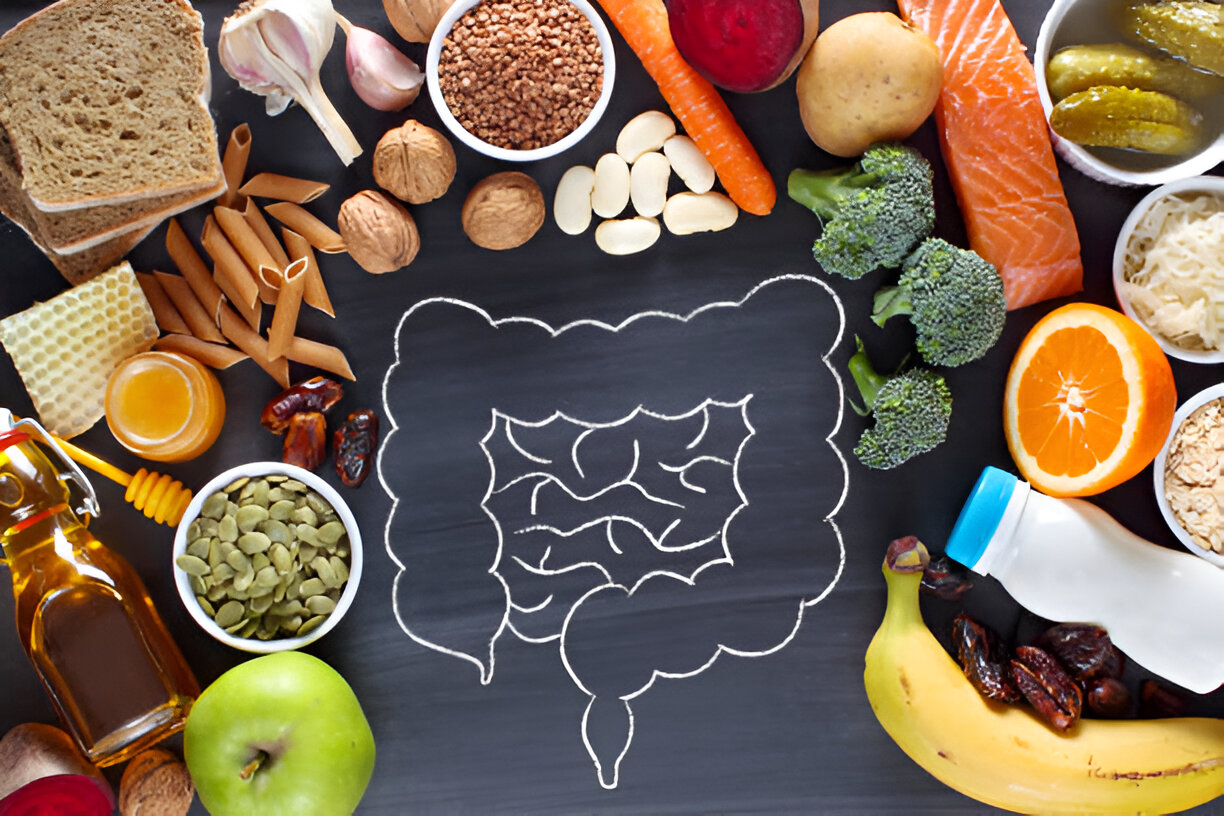
When it comes to nutrition, you may already focus on carbs, protein, and hydration to support your running goals. But have you considered the unique benefits that fiber brings to your training? Fiber does more than support digestion; it plays a crucial role in energy stability, gut health, and even endurance. Let’s break down why adding fiber to your diet can enhance your running performance and overall well-being.
1. Fiber for Sustained Energy
One of fiber’s key benefits for runners is its role in regulating blood sugar levels. High-fiber foods slow the digestion process, which prevents the quick sugar spikes and crashes that can drain your energy mid-run. By incorporating fiber-rich foods like whole grains, fruits, and vegetables into your diet, you can enjoy steady energy levels that help you power through longer runs or intense training days.
2. Promoting Digestive Health
Have you ever felt aches in your stomach or digesting hurting you each time you had to run? Interestingly, fiber can even reduce these when appropriately applied which is exactly what this article does. A type of fibre that dissolves in water and swells to form a gel like substance in the colon can ease bowel movement as seen in foods such as oats, apples as well as beans. Soluble fiber assists in easing constipation through Southwest GH and insoluble fiber assists in easing constipation by encouraging bowel movement. These types of fiber in combination assist in laying down a proper ratio of the digestive system which is vital for any runner as they train.
3. Preventing Constipation and Enhancing Recovery
These discomforts can significantly affect your training for they may cause constipation, or upset the digestion system which is also uneasy and a botheration to the trainer. Fiber as a component makes digestion easy and also minimize on instances where one may be faced with constipation, this is where fiber used together with a lot of water. If the long runs are to be completed effectively then capturing the requisite nutrition demand through consuming fiber rich diets is also essential in order to accordingly boost the absorption rates of the various nutrients.

4. Boosting Satiety and Weight Management
During running the appetite increases, and as with many other activities, the key to good eating is controlling the appetite. Various complex carbohydrates sources such as whole grains, beans, and vegetables are necessary in your diet since they keep the portion control and reduce the chances of taking unnecessary snacks. It is convenient for runners that are keen on having their weight under check or maintaining their desired weight for running while in the process of training without having to compromise on energy.
Best Fiber Sources for Runners
To get the most out of fiber, aim to include a variety of sources:
- Whole Grains: Oats, brown rice, and quinoa are great for sustained energy.
- Fruits: Apples, bananas, and berries provide fiber along with essential vitamins.
- Vegetables: Leafy greens, carrots, and bell peppers support both fiber intake and hydration.
- Legumes: Beans, lentils, and chickpeas add fiber and protein for muscle recovery.
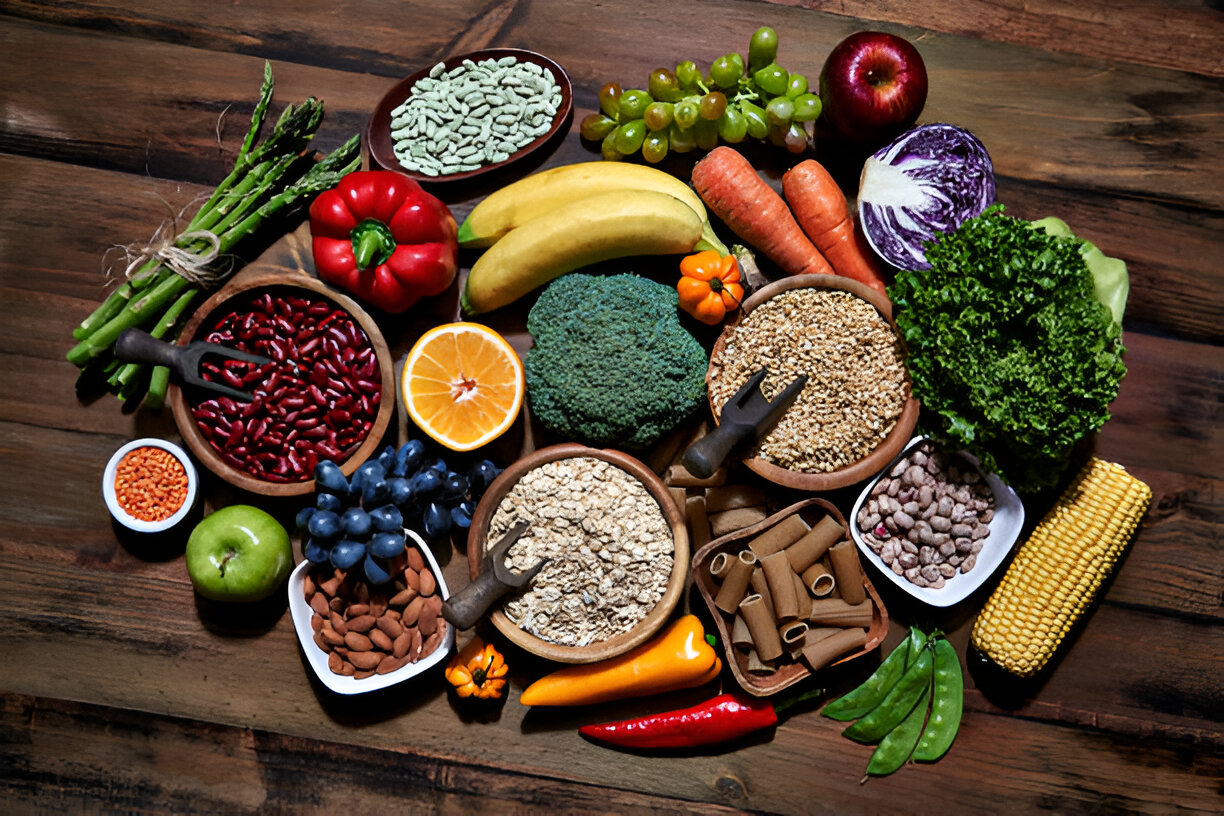
Incorporating fiber into your daily meals doesn’t have to be complex. Small adjustments, like swapping white rice for brown rice or adding a handful of berries to your morning oats, can make a significant difference.
By understanding fiber’s role in your diet, you can fuel your body in a way that supports not only better runs but also overall health. In the next section, we’ll explore how to time your fiber intake to avoid discomfort while maximizing benefits on your runs.
Conclusion
It is som much easy to add fiber in diet that will surprise you. Add a handful of berries on your morning oats and replace your white rice for brown rice can boost your fiber intake without much effort. These tiny changes can help sustained energy and better digestion, enhancing your running performance and overall well-being.
By understanding fiber’s essential role, you’re setting yourself up for more energized runs and a healthier lifestyle. Next, let’s dive into the timing of fiber intake—ensuring you enjoy all the benefits without discomfort, so you can make the most of every run.
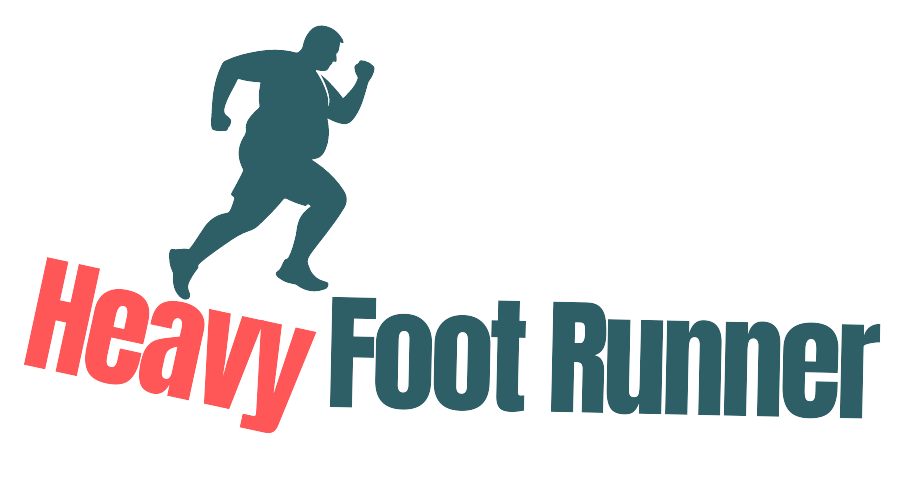
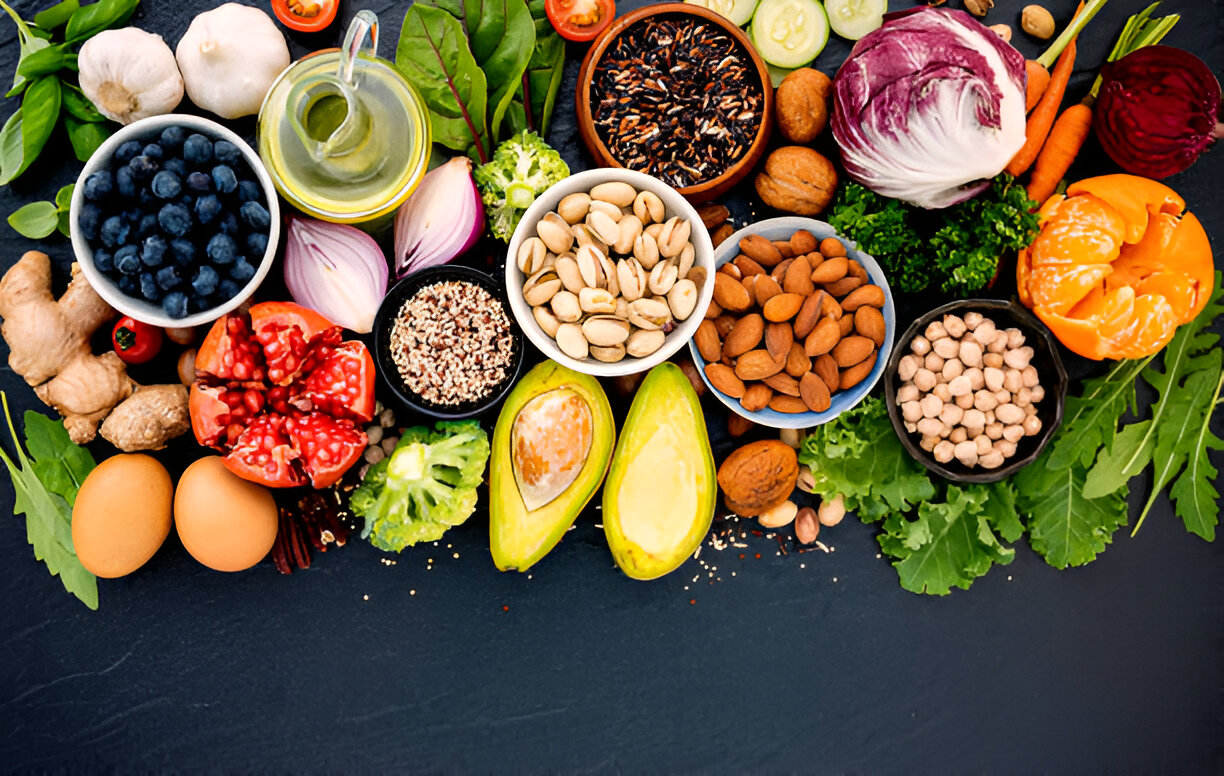

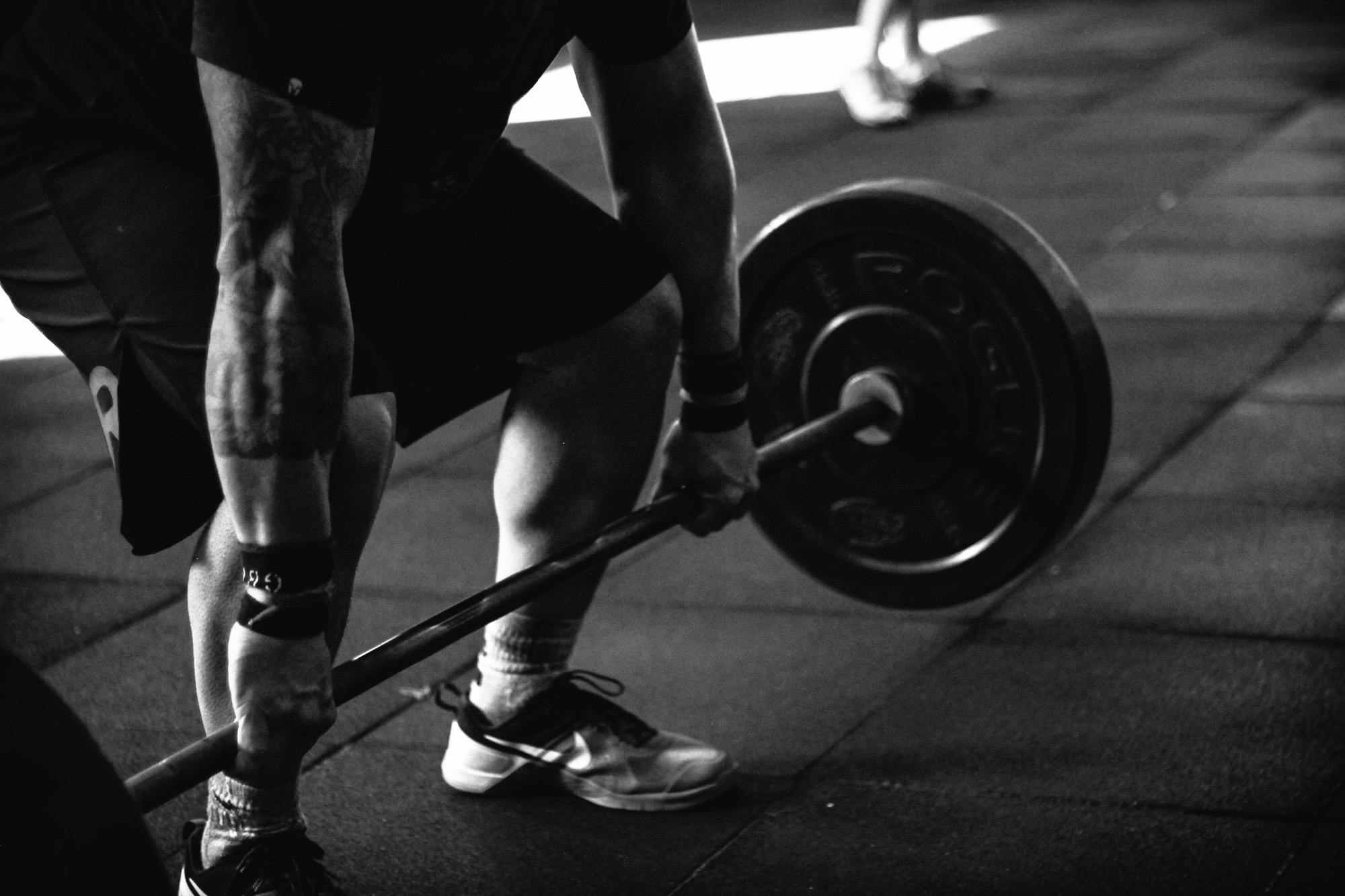

Leave a Reply